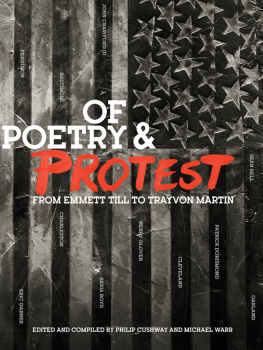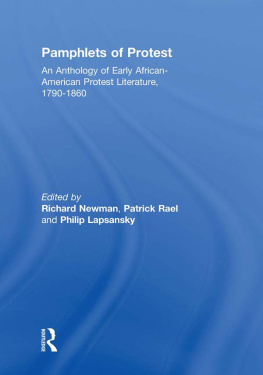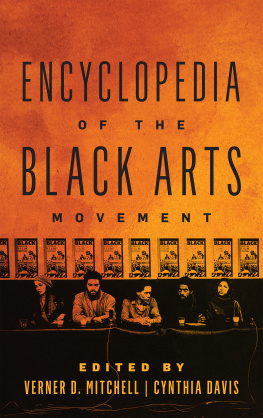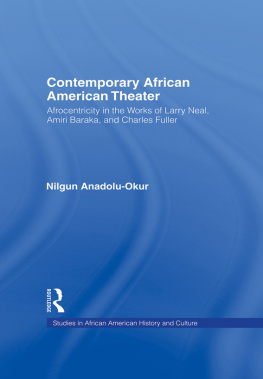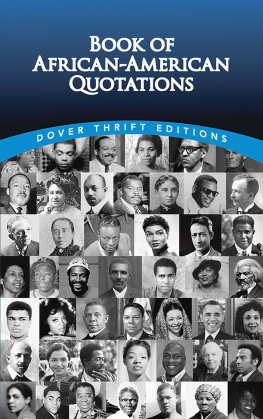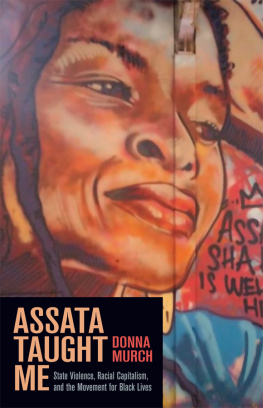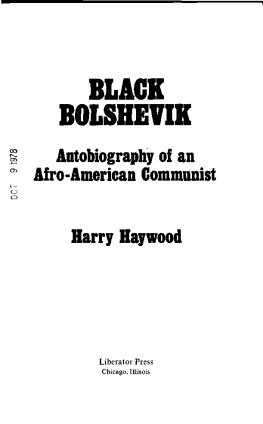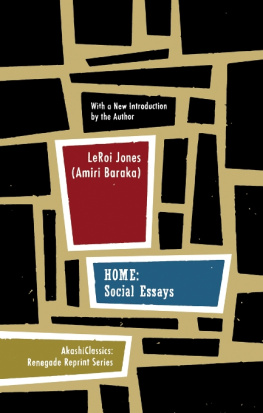

A protester sits in front of a street fire during a demonstration in Oakland, California, following the grand jury decision not to indict the cop who murdered Michael Brown.
OF POETRY
& PROTEST
FROM EMMETT TILL
TO TRAYVON MARTIN
EDITED AND COMPILED BY
PHILIP CUSHWAY
AND MICHAEL WARR
W. W. Norton & Company
Independent Publishers Since 1923
New York London
Copyright 2016 by Philip Cushway
All rights reserved.
Poet photographs: 2016 by Victoria Smith
Cover design by Bob Ciano
Cover photograph by Victoria Smith
First Edition
For information about permission to reproduce selections from this book, write to Permissions, W. W. Norton & Company, Inc., 500 Fifth Avenue, New York, NY 10110
For information about special discounts for bulk purchases, please contact
W. W. Norton Special Sales at specialsales@wwnorton.com or 800-233-4830
ISBN: 978-0-393-35273-3 (pbk.)
ISBN 978-0-393-35274-0 (e-book)
W. W. Norton & Company, Inc., 500 Fifth Avenue, New York, NY 10110
www.wwnorton.com
W. W. Norton & Company Ltd., Castle House, 75/76 Wells Street, London W1T 3QT
TO ALL
THOSE
WHO HAVE DIED
BECAUSE OF
THE COLOR
OF THEIR
SKIN
Birmingham, Alabama, May 1963
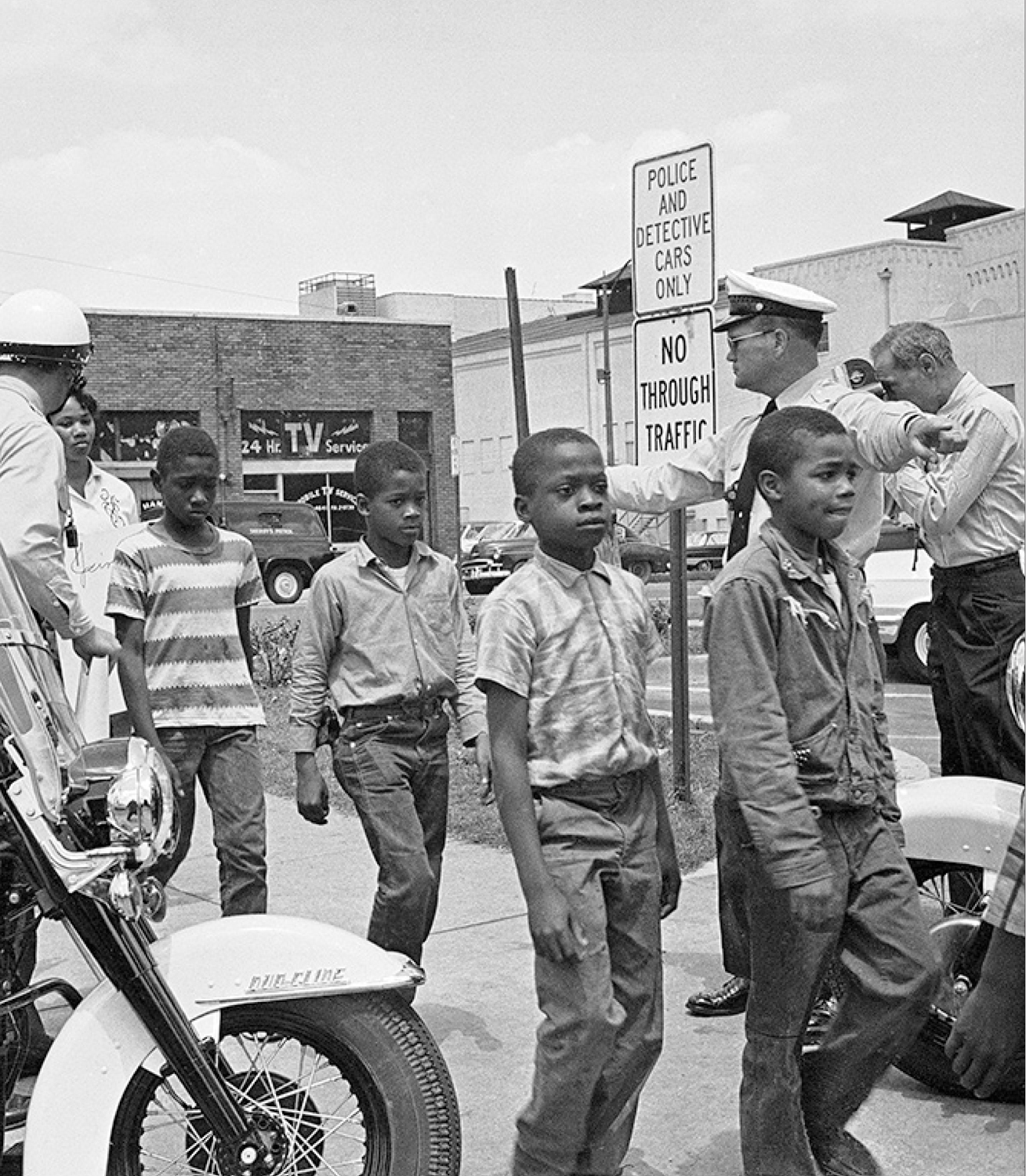
Childrens Crusade, photo by Bill Hudson, AP Photo, 1963
A scream erupted outside the 16th Street Baptist church as a police captain chased a young black girl down the church steps. Startled, the hundreds of black children who had already assembled grabbed their protest signs and raincoats to shield themselves from the firemens water hoses. Momentum created by fear and the determination to end segregation propelled the children of Birmingham into the streets. As they walked, they sang:
Aint gonna let nobody
turn me around,
Turn me around, turn me around.
Aint gonna let nobody
turn me around;
Im gonna keep on a-walkin,
keep on a-talkin,
Marchin up to freedom land!
As thousands of children marched into Kelly-Ingram Park, the scene quickly became violent. Upon the orders of Bull Connor, Birminghams infamous commissioner of public safety, the policewielding clubs and tear gascharged into the crowd of adult marchers who joined the children in the park. They sprayed the marchers with tear gas, causing many protesters to fall to their knees as hundreds of screaming children ran past them. Attack dogs lurched from the grips of their handlers and tore into the flesh of marchers who screamed in agony as they dropped their picket signs. The sounds of screams and snarling dogs permeated the 90-degree air. The police ordered the firemen to turn the water hoses on full force. Everyone with black skin was hit, young and old. Water exploded from the hoses into a crowd of children, several of whom were sent flying into the street. Children, old men, and women holding babies stood in shock as they watched the mayhem from the sidewalks as marchers were pressed against the walls like rag dolls under the pressure of the powerful streams of water. Firemen measured the water pressure at one hundred pounds per square inch, a force so vicious that it tore the bark from the trees behind which marchers crouched to seek protection. Small groups of people huddled in doorways holding one another as they turned their backs to the stinging torrent. Hundreds of children, some as young as six, were herded into school buses and taken to local jails. There were so many children that the sheriffs office could not book them as fast as they arrived. They were arrested and marched into a holding facility built to hold no more than 30 people. There were so many children in one room that the exhausted and injured collapsed only to find the floor already covered with other children. Some tried to sleep. Some stood. Some pressed against walls and windowsills. At the end of the room were five toilets. The protests, violence, and arrests continued for four days. By then the jails were so overcrowded that dozens of children were moved to the local fairgrounds. There they began singing as night fell over Birmingham:
Aint gonna let no jail cell
turn me around,
Turn me around, turn me around.
Aint gonna let no jail cell
turn me around;
Im gonna keep on a-walkin,
keep on a-talkin,
Marchin up to freedom land!
Unknown. Aint Gonna Let Nobody Turn
Me Around. Public Domain, 1924. MP3.
Tamara Ginn
Contents
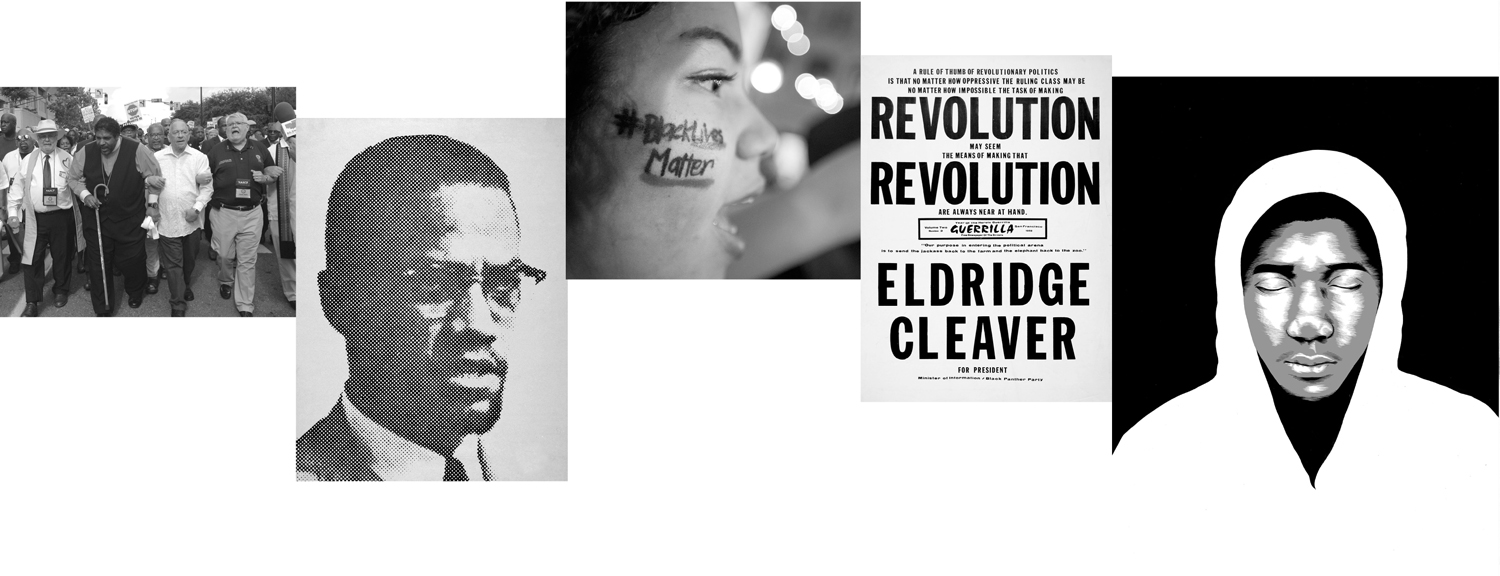
Opening Pages Essays
Tamara Ginn
Philip Cushway
Michael Warr
Jeannine Amber
Black Power and the Impact of Words
Amiri Baraka
Poets/Poems
Narrative: Ali, a poem in twelve rounds
Wise 5
Emmett Till
New Day
A Note on My Sons Face
The Enactment
Conspiracy
Emmett Tills Glass-Top Casket
Superhero
The Identity Repairman
Left
Dayton, OH, 50s & 60s
Voice of America
New Rules of the Road
Some Luminous Distress (for Betty Shabazz)
Fannie (of Fannie Lou Hamer)
Rose Colored City
Infernal
Saltimbanque
Tallahatchie Lullabye, Baby
History Lessons
statement on the killing of patrick dorismond
The Great Wait
on continuing to struggle
The 10 Race Koans as presented to Charles Johnson on the morning of July 13, 2008
We Are Not Responsible
Cells and Windows
after work by neogeo painter Peter Halley
I Hear the Shuffle of the Peoples Feet
Poetic Reflections Enroute to, and During, the Funeral and Burial of Henry Dumas, Poet, May 29, 1968
Sweet Pea
Not Brought Up
Elegy (for MOVE and Philadelphia)
x marks the spot
At 59
NO WOUND OF EXIT
Duende
Such a Boat of Land
Liturgy
Poem for My Father
Lil Kings
To Malcom X on His Second Coming
For the Sk y , In Which You Will One Da y , Belong
Blues for Malcolm X
Statement by The Reverend Dr. William Barber II
Adjusting type size may change line breaks. Landscape mode helps to preserve line breaks.
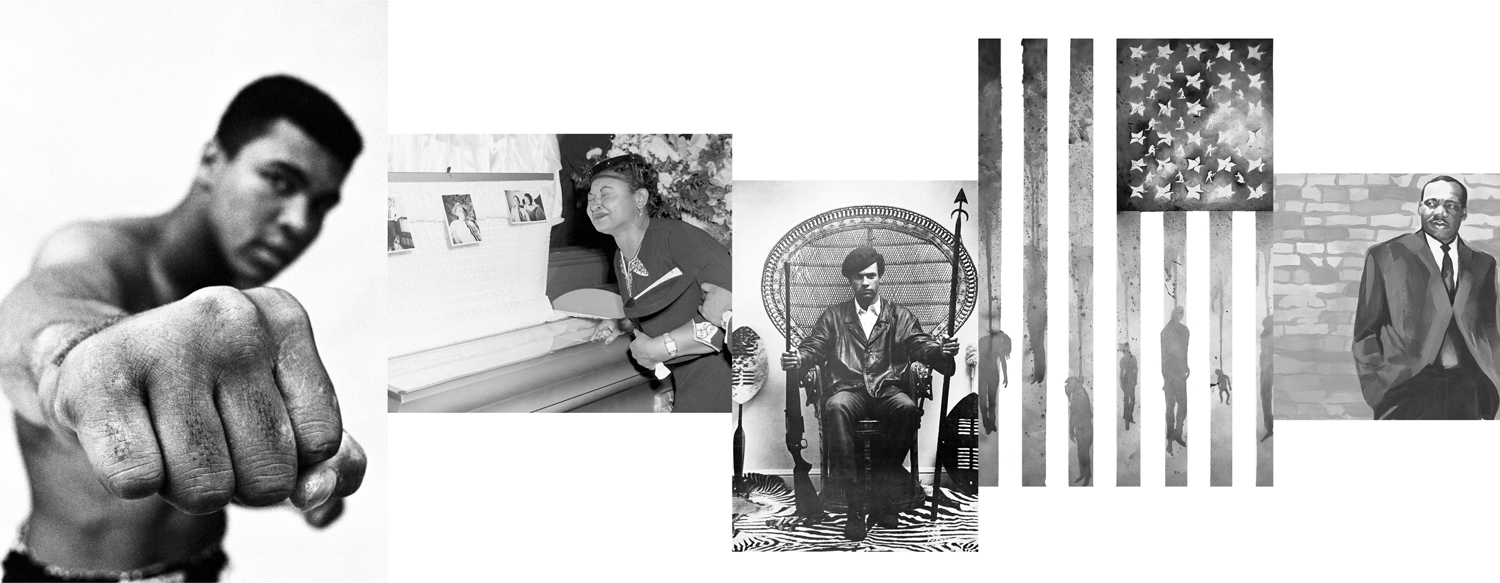
Preface
by Philip Cushway
I love to sit down with a pencil and a blank sheet of paper and imagine myself in an entirely dark room, unsure of what I am seeking. The gestation of this book stems from this undirected wandering. I playfully wrote out the word poets and then, on a whim, quickly sketched out a book that would bring both black and white American poets together in a poetic commemorative, honoring the 50th Anniversary of Martin Luther King, Jr.s I Have a Dream speech. I conceived of a title: Of Poetry & Protest. I still had no master plan. I let my impulses lead me and did not censor or guide them.
It was 2013 when I started this book and a new iteration of the Civil Rights Movement was taking place. From the streets of Ferguson, Cleveland, Baltimore and across the country, young people marched, questioning and confronting the continued murders of black youth. Oscar Grant, Tamir Rice, and Trayvon Martin became todays Emmett Till. The protestors placards bearing the words Hands Up, Dont Shoot and I Cant Breathe were distilled down to the root of it all: Black Lives Matter. As events in cities and towns escalated and the protests became more visible, the book and the messages of the poets began to take on a new urgency.
Next page
